You’re not alone if you need to figure out what net metering is. But you need to know that it’s a policy in some countries that allows homeowners to use their solar panels to offset their electricity bill.
In this blog post, we’ll explain all you need to know about net metering in Pakistan, so you can start taking advantage of this great policy.

What is Net metering and How Does it Work?
In Pakistan, net metering allows customers to generate surplus power from renewable sources such as solar panels and sell it back to the grid. With the help of this system, users may make up for the electricity they use off-peak or when a renewable energy source cannot supply all of their demands.
As a consequence, customers can have lower electricity costs, or they might even be compensated for the extra energy they supply to the grid.
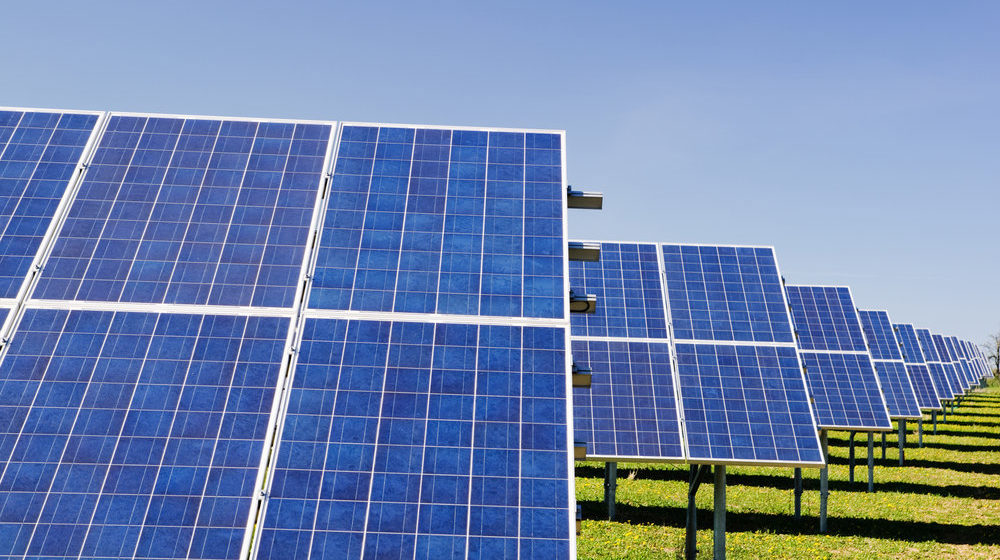
For a better understanding, here is an example;
Consider a shopkeeper who uses solar panels to generate electricity. If the electricity generated by these panels exceeds the shopkeeper’s energy needs, they can apply for net metering. If their application is approved, they will receive credits for their units, so their WAPDA bill will be negative. Therefore, the shopkeeper will not have to pay their bill.
Is Net Metering Allowed in Pakistan?
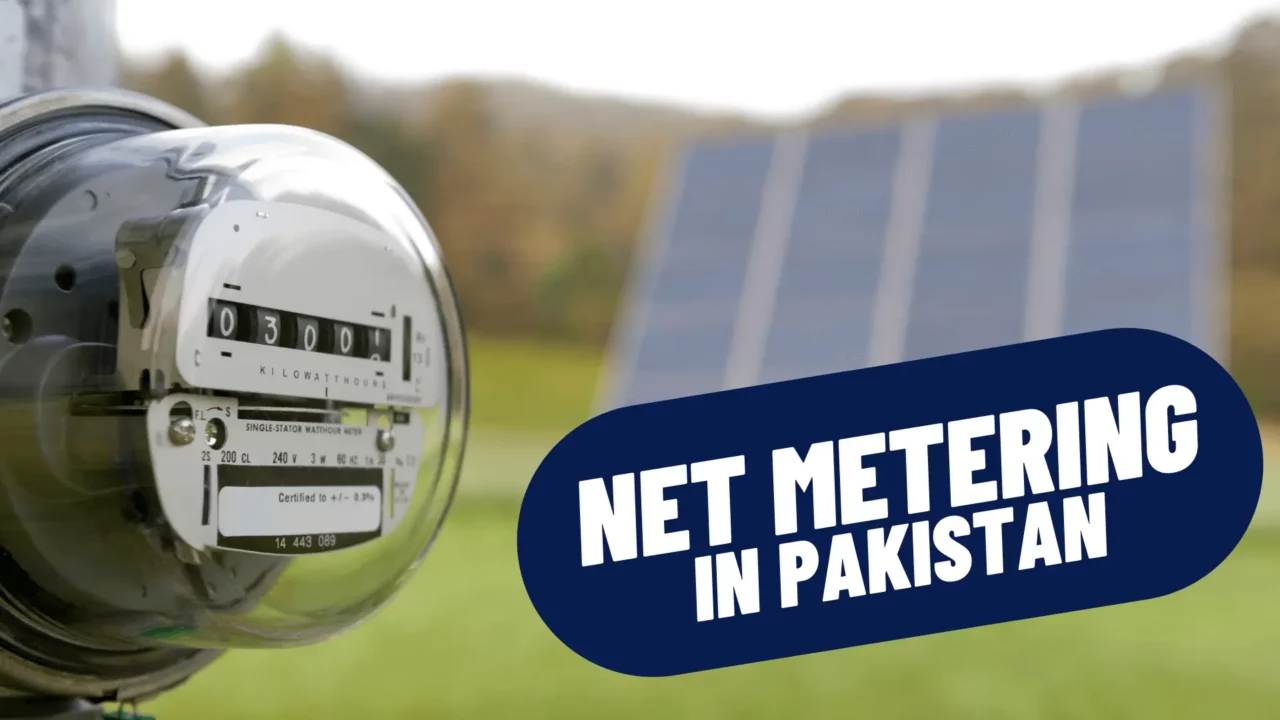
Net-metering regulations were introduced by the National Electric Power Regulatory Authority (NEPRA) in September 2015, allowing Distribution Companies (DISCOs) in Pakistan to purchase excess electricity generated by consumers and use them to offset grid consumption.
Small-scale Renewable Energy (RE) installations (1 kW to 1 MW) are allowed under these regulations for customers with three-phase connections. Solar Photovoltaic (PV) Technology provides access to affordable electricity over the system’s lifetime, providing a long-term power solution. The switch to renewable energy could reduce power bills for residential and commercial customers.
How to Apply Net Metering in Pakistan?
- Submit necessary documents to DISCO to apply for net metering. DISCO must acknowledge receipt of your application.
- The application or any necessary documents must be completed within seven days of notification if incomplete.
- DISCO will review applicant documents/applications to determine eligibility criteria and additional requirements once they are received.
- It may take up to 20 working days to accept a preliminary review proposal if an applicant is considered eligible.
How to Install Net Metering in Pakistan?

- Install a net metering-compliant solar system with Chalaosolar Group (available for domestic, commercial, and industrial clients).
- Prepare an application following the 2015 Net Metering Regulation.
- Chalaosolar Group assists clients in preparing applications for Pakistan’s solar net metering system.
What is the Cost of Net Metering in Pakistan?
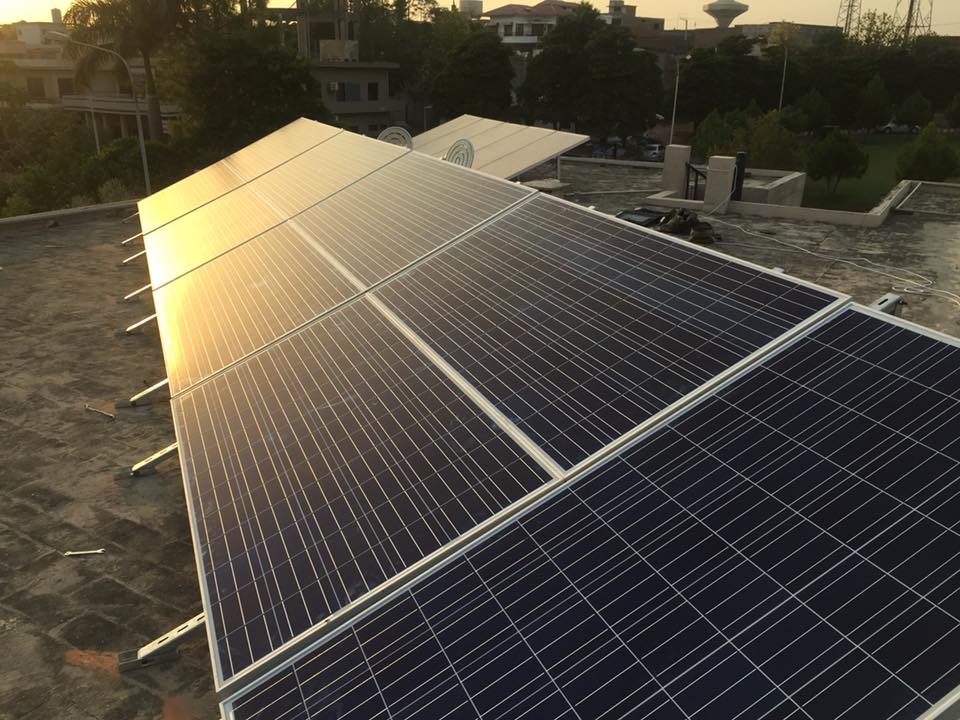
According to the premier energy group, net metering in Pakistan typically costs between Rs. 80,000 and Rs. 120,000 in addition to the solar system cost. The cost of implementing net metering in Pakistan includes the necessary equipment and processes. You should research and compare prices from different companies for the most cost-effective solution.
What Components are Needed for a Grid-Tie Solar System?
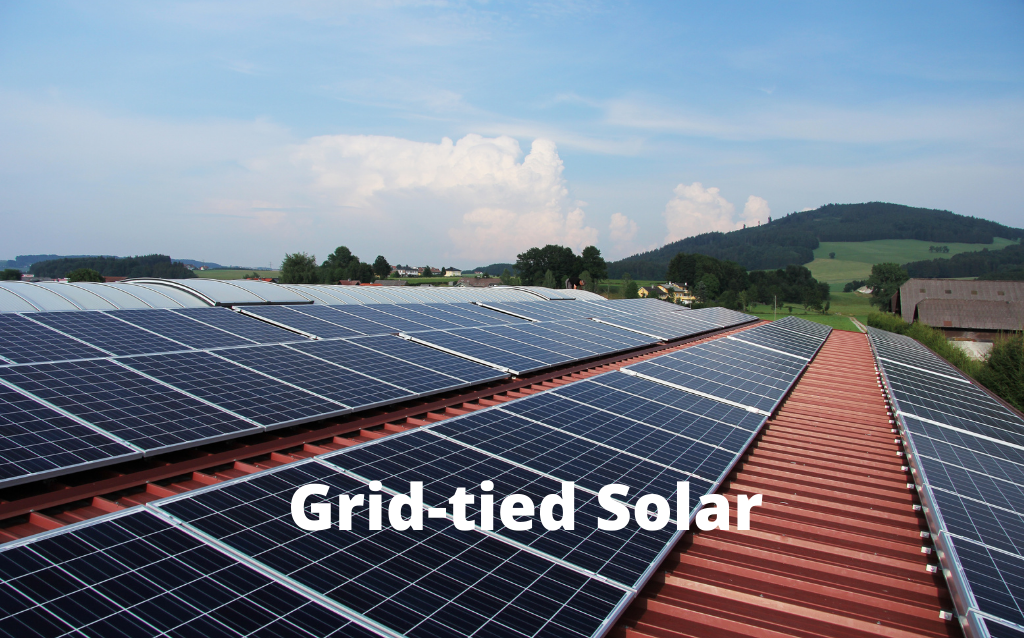
Grid-tied solar systems (Net metering) consist of three main components. Solar panels collect the sun’s energy and produce DC electricity. Secondly, a grid-tie solar inverter converts this direct current into alternating current that can use in homes and export to the grid. Lastly, net energy meters are bi-directional meters use for net metering.
Using it, the homeowner can determine how much excess power is export and import from the grid. In a grid-tied system, these components work together to utilize solar energy efficiently.
What are the Requirements for Net Metering?
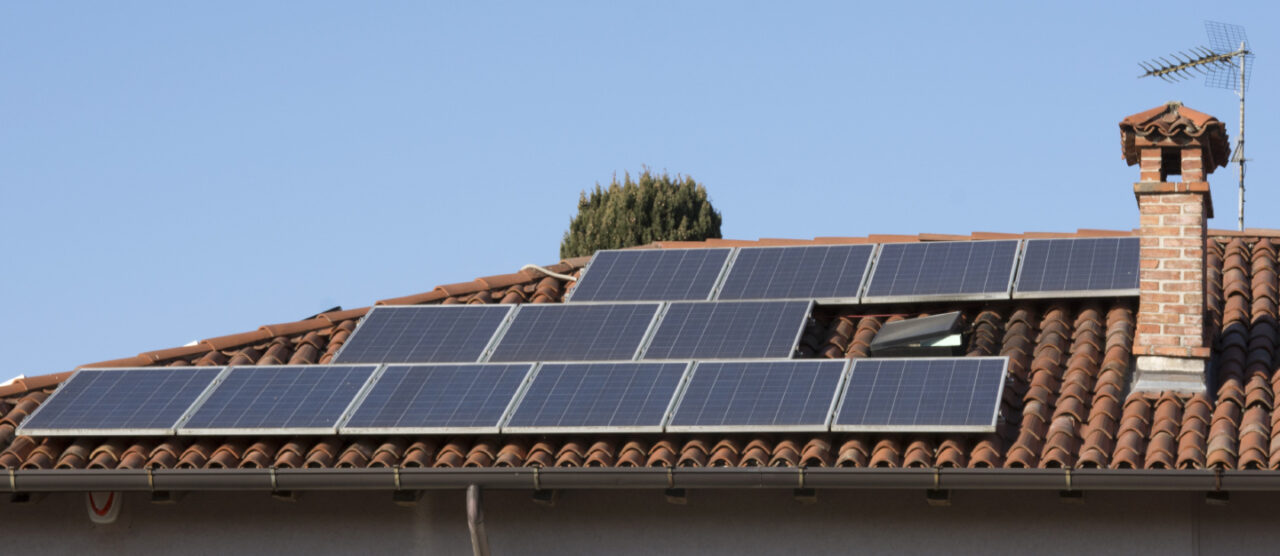
The National Electric Power Regulatory Authority (NEPRA) supervises net metering in Pakistan. Net metering requires customers to install renewable energy generation systems on their properties, such as solar panels or wind turbines.
Technical and safety requirements must be met for the system to connect to the national grid. Additionally, customers must apply to NEPRA for net metering approval and sign a net metering agreement with their local distribution company. If customers generate excess renewable energy and feed it back into the grid, they can receive credits on their electricity bills.
What are the Disadvantages of Net Metering?
Some groups of people may experience several disadvantages from net metering. Net metering can increase electricity costs for households and businesses that do not produce electricity.
Net metering may also benefit low-income households and businesses less than larger, financially stable households and businesses. Furthermore, net metering can make it harder for utilities to schedule power generation properly, leading to inefficiencies.
What are the Advantages of Net Metering?
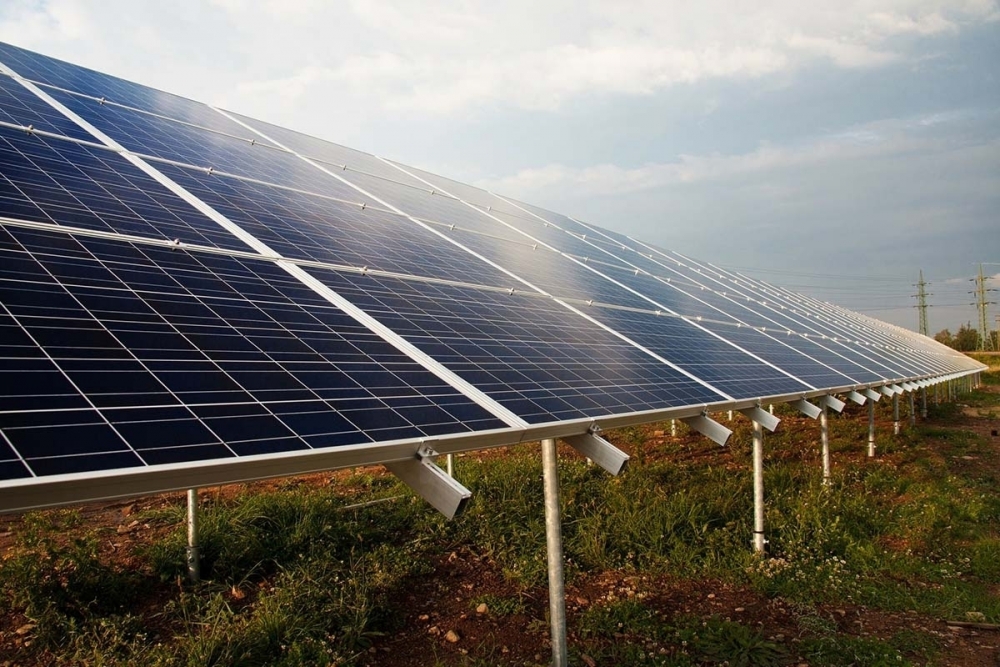
Net metering has the following major benefits:
- During the day, excess solar PV production is exported to the grid, which reduces electricity bills.
- Due to the offset of imported units, grid electricity consumption has decreased.
- Individuals and businesses can earn credits on their electricity bills.
- Reduces reliance on non-renewable energy sources by encouraging renewable energy sources.
- Financial incentives can encourage individuals and businesses to invest in solar energy.
Conclusion
In Pakistan, net metering enables individuals and businesses to generate electricity and sell any excess back to the grid. It reduces carbon emissions, helps individuals and businesses save on energy costs, and reduces dependence on fossil fuels.
A net metering agreement with the local distribution company is necessary for individuals or businesses to participate in net metering. In addition to saving money, net metering offers Pakistanis sustainable energy solutions.
FAQs
How net meter is calculated?
A net metering system charges the owner based on the difference between the total energy generated and the total energy consumed. Any extra power exported back to the grid is subtracted from the owner’s total power use.
Is solar cheaper than an electric bill?
There is no doubt that solar energy is more economical than “normal” or “standard” electricity. According to the World Economic Forum, new solar panels are less expensive to install than coal, natural gas, or other fossil fuels.
Can you make money with net metering?
You can sell your power at the retail rate using net metering, so it can be worth exactly what you’d pay the provider. This cost may include generating, transmission, and distribution expenses, depending on the circumstances.

